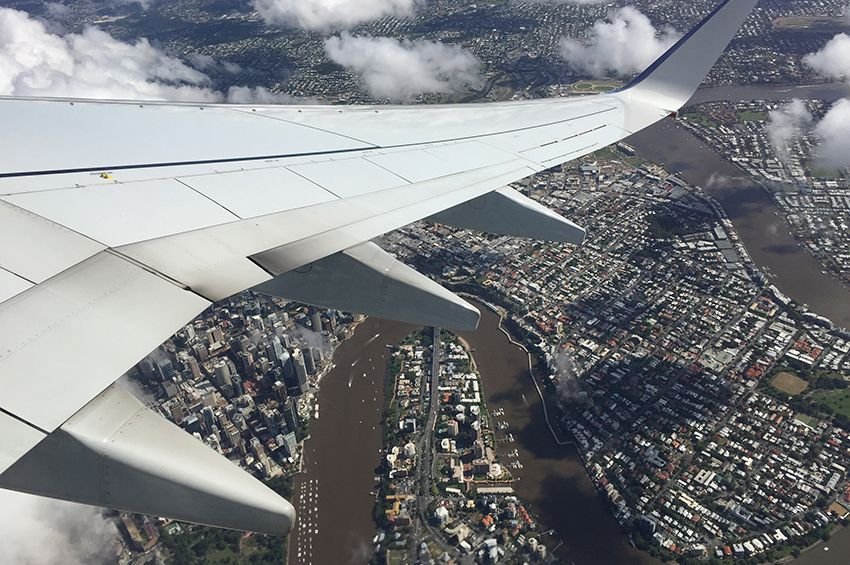New Zealand has introduced a new long-term visitor visa designed to reunite migrant families by allowing parents to live in the country for up to a decade. Dubbed the Parent Boost Visa, this initiative comes into effect on 29 September 2025, according to a statement from Immigration New Zealand.
The move aims to support family bonds by giving parents of residents or citizens the opportunity to spend extended time with their children without needing to apply for residency. “This is meant to help families stay together longer,” the immigration department noted.
Under the visa’s framework, applicants are granted an initial five-year stay, with a chance to extend it by another five years if eligibility criteria continue to be met. However, it’s a visitor visa, meaning it does not lead to permanent residency.
Visa Features at a Glance
- Multiple-entry visitor visa
- Valid for up to 10 years (5 years + 5-year extension)
- No direct pathway to residency
- Ideal for extended family stays, without disrupting migration caps
Who’s Eligible?
To apply, parents must:
- Be sponsored by a New Zealand citizen or resident
- Have health insurance covering up to NZD $250,000 for at least one year
- Pass two health checks – one at application, another after three years
- Maintain active health cover throughout their stay
Financial Criteria
Applicants must meet one of the following:
-
2025: Kiribati, New Zealand become first countries to usher in New Year
- Sponsor earns NZ median wage (1 parent) or 1.5x median wage (2 parents)
- Parents earn income equivalent to NZ pension
- Parents hold savings of NZD $160,000 (1 parent) or NZD $250,000 (2 parents)
Visa Costs
- Standard Fee: NZD $3,000
- Pacific Applicants: NZD $2,450
- Tourism Levy: NZD $100
- Health Check (3rd Year): NZD $325 (or NZD $240 for Pacific applicants)
The Parent Boost Visa is designed to strengthen family ties while ensuring applicants remain financially independent and medically secure during their stay. It’s a promising option for those seeking long-term family connection without the complex hurdles of permanent residency applications.











